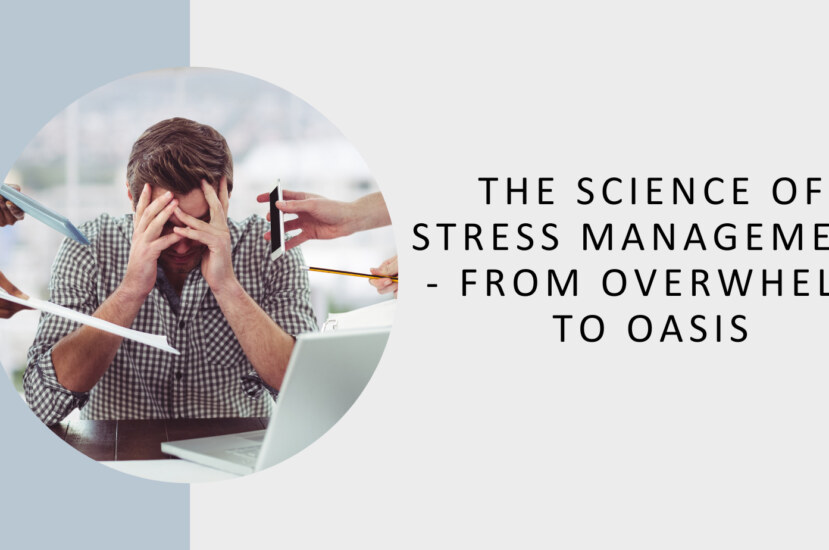Stress management is a practical necessity in today’s fast-paced and competitive world. There is no restriction on the number of people who can be affected or the age group in which they live. In light of the fact that each individual is unique and different due to biopsychosocial factors, stress affects us in different ways, and it takes on a different appearance and feel depending on who you are.
At its core, the APA defines stress as “the physiological or psychological response to internal or external stressors.” Stress is a natural response to challenging situations, triggering the body’s “fight or flight” mechanism. It manifests as emotional, mental, and physical strain, disrupting the body’s balance. The characteristics include:
- Intensity – How intense or severe is the Stress?
- Chronicity – For how long would it last?
- Timing – When does it occur?
- Affect – How much effect has it had on the person?
- Expectedness – When is it commonly observed?
- Controllability – How much ability does a person have to control it?
Let’s understand Science of Stress Management









